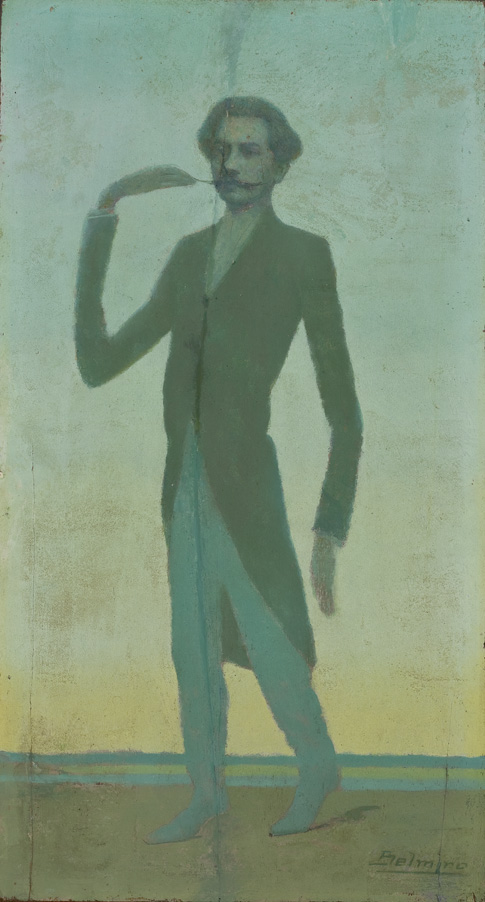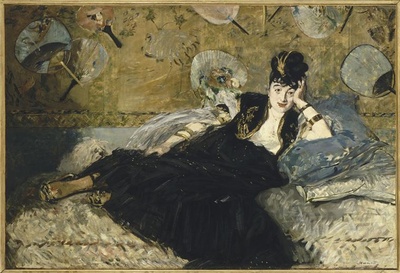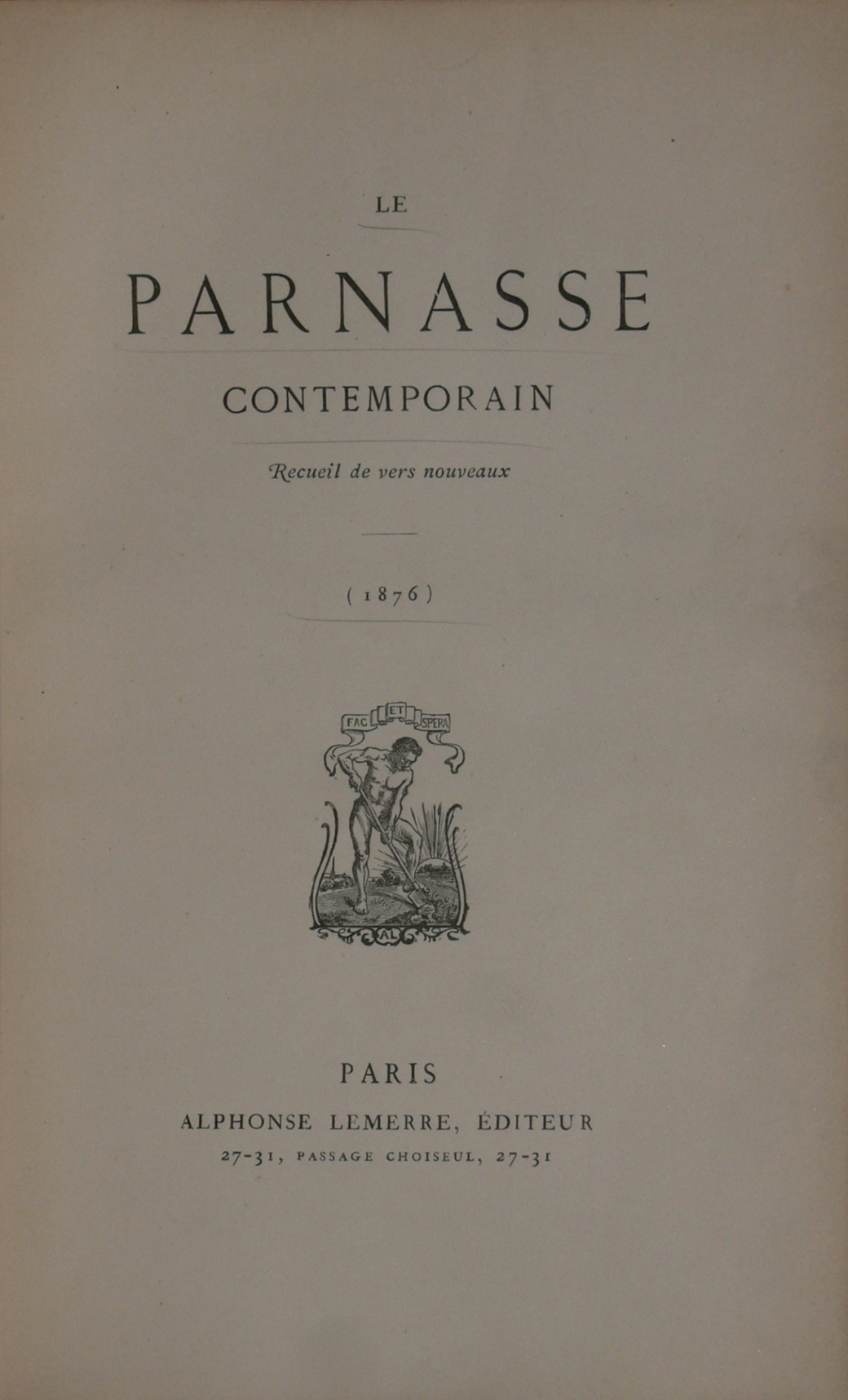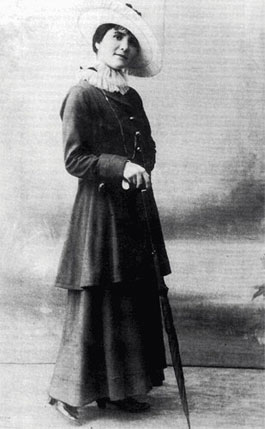|
Parnassianism
Parnassianism (or Parnassism) was a group of French poets that began during the positivist period of the 19th century (1860s–1890s), occurring after romanticism and prior to symbolism. The style was influenced by the author Théophile Gautier as well as by the philosophical ideas of Arthur Schopenhauer. Origins and name The name is derived from the original Parnassian poets' journal, '' Le Parnasse contemporain'', itself named after Mount Parnassus, home of the Muses of Greek mythology. The anthology was first issued in 1866 and again in 1871 and 1876, including poems by Charles Leconte de Lisle, Théodore de Banville, Sully Prudhomme, Stéphane Mallarmé, Paul Verlaine, François Coppée, Nina de Callias, and José María de Heredia. The Parnassians were influenced by Théophile Gautier and his doctrine of "art for art's sake". As a reaction to the less-disciplined types of romantic poetry and what they considered the excessive sentimentality and undue social and poli ... [...More Info...] [...Related Items...] OR: [Wikipedia] [Google] [Baidu] |
Alexandru Macedonski
Alexandru Macedonski (; also rendered as Al. A. Macedonski, Macedonschi or Macedonsky; 14 March 1854 – 24 November 1920) was a Romanian poet, novelist, dramatist and literary critic, known especially for having promoted French Symbolism (arts), Symbolism in his native country, and for leading the Symbolist movement in Romania, Romanian Symbolist movement during its early decades. A forerunner of local modernist literature, he is the first local author to have used free verse, and claimed by some to have been the first in modern European literature. Within the framework of Literature of Romania, Romanian literature, Macedonski is seen by critics as second only to List of national poets, national poet Mihai Eminescu; as leader of a Cosmopolitanism, cosmopolitan and Aestheticism, aestheticist trend formed around his ''Literatorul'' journal, he was diametrically opposed to the inward-looking traditionalism of Eminescu and his school. Debuting as a Neo-romanticism, Neoromantic in t ... [...More Info...] [...Related Items...] OR: [Wikipedia] [Google] [Baidu] |
Sully Prudhomme
René François Armand "Sully" Prudhomme (; 16 March 1839 – 6 September 1907) was a French poet and essayist. He was the first winner of the Nobel Prize in Literature in 1901. Born in Paris, Prudhomme originally studied to be an engineer, but turned to philosophy and later to poetry; he declared it as his intention to create scientific poetry for modern times. In character sincere and melancholic, he was linked to the Parnassus school, although, at the same time, his work displays characteristics of its own. Early life Prudhomme's parents were M. Sully Prudhomme and Clotilde Caillat. They had been engaged for 10 years before they had felt financially able to marry. When Prudhomme was two, his father, a shopkeeper, died. His mother and he relocated to Prudhomme's uncle's house. Prudhomme joined his father's name "Sully" with his surname Prudhomme, becoming Sully-Prudhomme. He was interested in classic literature and mathematics in school. He also considered entering the Dom ... [...More Info...] [...Related Items...] OR: [Wikipedia] [Google] [Baidu] |
Alberto De Oliveira
Antônio Mariano Alberto de Oliveira (April 28, 1857 – January 19, 1937) was a Brazilian poet, pharmacist and professor. He is better known by his pen name Alberto de Oliveira. Alongside Olavo Bilac and Raimundo Correia, he comprised the Brazilian " Parnassian Triad". He founded and occupied the 8th chair of the Brazilian Academy of Letters from 1897 until his death in 1937. References External links Jornal de Poesia bio (In Portuguese) (doctoral thesis in Portuguese) [...More Info...] [...Related Items...] OR: [Wikipedia] [Google] [Baidu] |
French Poetry
French poetry () is a category of French literature. It may include Francophone literature, Francophone poetry composed outside France and poetry written in other languages of France. French prosody and poetics The modern French language does not have a significant stress accent (as English does) or long syllable, long and short syllables (as Latin does). This means that the French metric line is generally not determined by the number of beats, but by the number of syllables (see syllabic verse; in the Renaissance, there was a brief attempt to develop a French poetics based on long and short syllables [see "musique mesurée"]). The most common Meter (poetry), metric lengths are the ten-syllable line (decasyllable), the eight-syllable line (octosyllable) and the twelve-syllable line (the so-called "French alexandrine, alexandrin"). In traditional French poetry, all permissible Liaison (linguistics), liaisons are made between words. Furthermore, unlike modern spoken French (at lea ... [...More Info...] [...Related Items...] OR: [Wikipedia] [Google] [Baidu] |
Olavo Bilac
Olavo Brás Martins dos Guimarães Bilac (16 December 1865 – 28 December 1918), known simply as Olavo Bilac (), was a Brazilian Parnassian poet, journalist and translator. Alongside Alberto de Oliveira and Raimundo Correia, he was a member of the "Parnassian Triad". He was elected the "Prince of Brazilian Poets" in 1907 by the magazine '' Fon-Fon''. He wrote the lyrics of the Brazilian Flag Anthem. He founded and occupied the 15th chair of the Brazilian Academy of Letters from 1897 until his death in 1918. He is also the patron of the military service in Brazil due to his campaigns in favor of conscription. Life Bilac was born in Rio de Janeiro to Brás Martins dos Guimarães Bilac and Delfina Belmira Gomes de Paula. As a young man, he was a brilliant student, enrolling in the school of medicine at the Federal University of Rio de Janeiro at the age of 15. He began studying medicine, but did not finish the course. He also tried to study law at the Faculdade de Direito ... [...More Info...] [...Related Items...] OR: [Wikipedia] [Google] [Baidu] |
Théophile Gautier
Pierre Jules Théophile Gautier ( , ; 30 August 1811 – 23 October 1872) was a French poet, dramatist, novelist, journalist, and art and literary critic. While an ardent defender of Romanticism, Gautier's work is difficult to classify and remains a point of reference for many subsequent literary traditions such as Parnassian poets, Parnassianism, Symbolism (arts), Symbolism, Decadent movement, Decadence and Modernism. He was widely esteemed by writers as disparate as Honoré de Balzac, Balzac, Charles Baudelaire, Baudelaire, the Goncourt brothers, Gustave Flaubert, Flaubert, Ezra Pound, Pound, T. S. Eliot, Eliot, Henry James, James, Marcel Proust, Proust and Oscar Wilde, Wilde. Life and times Gautier was born on 30 August 1811 in Tarbes, capital of Hautes-Pyrénées département (southwestern France). His father was Jean-Pierre Gautier,See "Cimetières de France et d'ailleurs – La descendance de Théophile Gautier", landrucimetieres.fr/ref> a fairly cultured minor government ... [...More Info...] [...Related Items...] OR: [Wikipedia] [Google] [Baidu] |
Nina De Callias
Anne-Marie Gaillard (12 July 1843 – 22 July 1884), known as Nina de Villard de Callias, Nina de Callias or Nina de Villard, was a hostess, pianist, composer, poet, actress, and artist's model. Her musical career, starting in childhood, along with her love of the theatre arts was aided by her personality and hostess abilities. Known for her parties and dinners, de Callias mingled with many famous actors, poets, playwrights, and philosophers. She is most famous as the model for Édouard Manet's ''La Dame aux éventails'', and was a critic herself of the Impressionist Exhibition of 1881. Early life Anne-Marie Gaillard was born on 12 July 1843 in Vanves. The daughter of a rich Lyon lawyer, by the age of thirteen, she was acting in plays for playwright Henri de Bornier, and by fifteen was invited as a usual guest to Madame Beulé's (wife of the secretary of the Académie des Beaux-Arts) salons, putting her into contact with those at the Académie des Beaux-Arts. In 1859, Gaillard ... [...More Info...] [...Related Items...] OR: [Wikipedia] [Google] [Baidu] |
Art For Art's Sake
Art for art's sake—the usual English rendering of (), a French slogan from the latter half of the 19th century—is a phrase that expresses the philosophy that 'true' art is utterly independent of all social values and utilitarian functions, be they didactic, moral, or political. Such works are sometimes described as '' autotelic'' (from Greek: ''autoteles'', 'complete in itself'), a concept also applied to "inner-directed" or "self-motivated" persons. The phrase is sometimes used commercially. A Latin version of this phrase, (), is used as a motto by Metro-Goldwyn-Mayer film studio, appearing in the film scroll around the roaring head of Leo the Lion in its logo. History The phrase "'" had been used by Parisian intellectuals since the beginning of the 19th century, but it was Théophile Gautier (1811–1872) who first fully articulated its current metaphysical meaning in the prefaces of his 1832 poetry volume ''Albertus'' and 1835 novel ''Mademoiselle de Maupin''. The p ... [...More Info...] [...Related Items...] OR: [Wikipedia] [Google] [Baidu] |
Antoni Lange
Antoni Lange (28 April 1862 – 17 March 1929) was a Polish poet, philosopher, polyglot (15 languages), writer, novelist, science-writer, reporter and translator. A representative of Polish Parnassianism and symbolism, he is also regarded as belonging to the Decadent movement. He was an expert on Romanticism, French literature and a popularizer of Eastern cultures. His most popular novel is '' Miranda''. He translated English, French, Hungarian, Italian, Spanish, Indian, American, Serbian, Egyptian and Oriental writers into Polish and Polish poets into French and English. He was also one of the most original poets of the Young Poland movement. His work is often compared to Stéphane Mallarmé and Charles Marie René Leconte de Lisle. Lange was an uncle of the poet Bolesław Leśmian. Life Lange was born in Warsaw into the patriotic Jewish family of Henryk Lange (1815–1884) and Zofia ''née'' Eisenbaum (1832–1897). His father took part in the November Uprising ag ... [...More Info...] [...Related Items...] OR: [Wikipedia] [Google] [Baidu] |
Le Parnasse Contemporain
Le Parnasse contemporain (, "The Contemporary Parnassus", e.g., the contemporary poetry scene) is composed of three volumes of poetry collections, published in 1866, 1871 and 1876 by the editor Alphonse Lemerre. The volumes included one hundred French poets, such as Leconte de Lisle, Théodore de Banville, Heredia, Gautier, Catulle Mendès, Baudelaire, Sully Prudhomme, Mallarmé, François Coppée, Charles Cros, Nina de Callias, Léon Dierx, Louis Ménard, Verlaine, Villiers de L'Isle-Adam and Anatole France (; born ; 16 April 1844 – 12 October 1924) was a French poet, journalist, and novelist with several best-sellers. Ironic and skeptical, he was considered in his day the ideal French man of letters.Parnassianism took its name from the poetry collec ... [...More Info...] [...Related Items...] OR: [Wikipedia] [Google] [Baidu] |
Florbela Espanca
Florbela Espanca (; born , ) was a Portuguese poet. She is known for her passionate and feminist poetry. Fernando Pessoa later said she was his "twin soul". Early life Born Flor Bela d'Alma da Conceição on 8 December 1894 in Vila Viçosa, Portugal, Espanca was the daughter of Antónia da Conceição Lobo who worked as a housemaid for Espanca's father, João Maria Espanca, a photographer and businessman. Her father's wife, Mariana do Carmo Inglesa Espanca, who was unable to have her own children, agreed for Espanca to live in their home, where she was raised from birth by both her father's wife and her biological mother, who was 15 years old when Espanca was born. Since her parents weren't married, when Espanca was baptized on 20 June 1895, she was christened as Flor Bela Lobo, the daughter of Antónia Lobo and an unknown father. Her father, whom Espanca referred to in a poem as "dear Daddy of my soul", officially claimed paternity in 1949, 19 years after Espanca's death. Esp ... [...More Info...] [...Related Items...] OR: [Wikipedia] [Google] [Baidu] |
Felicjan Faleński
Felicjan is a village in the administrative district of Gmina Gorzków, within Krasnystaw County, Lublin Voivodeship Lublin Voivodeship ( ) is a Voivodeships of Poland, voivodeship (province) of Poland, located in the southeastern part of the country, with its capital being the city of Lublin. The region is named after its largest city and regional capital, Lu ..., in eastern Poland. References Villages in Krasnystaw County {{Krasnystaw-geo-stub ... [...More Info...] [...Related Items...] OR: [Wikipedia] [Google] [Baidu] |






